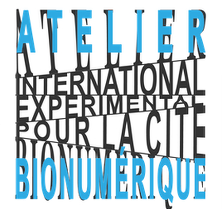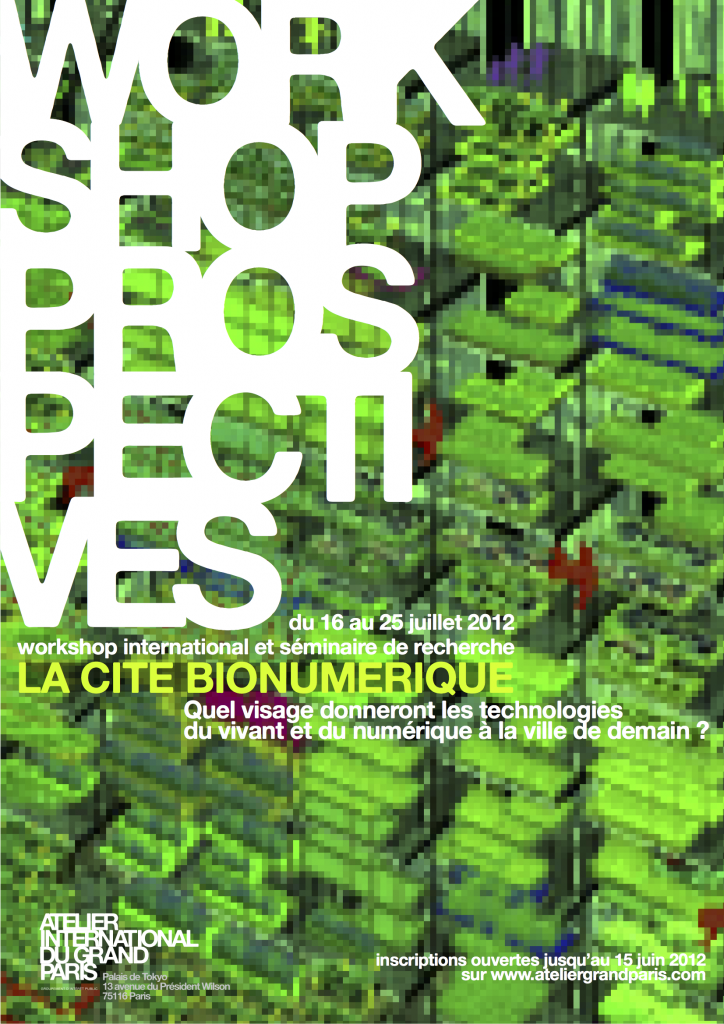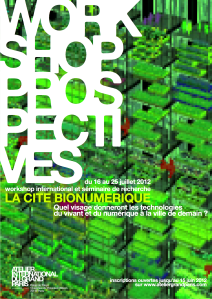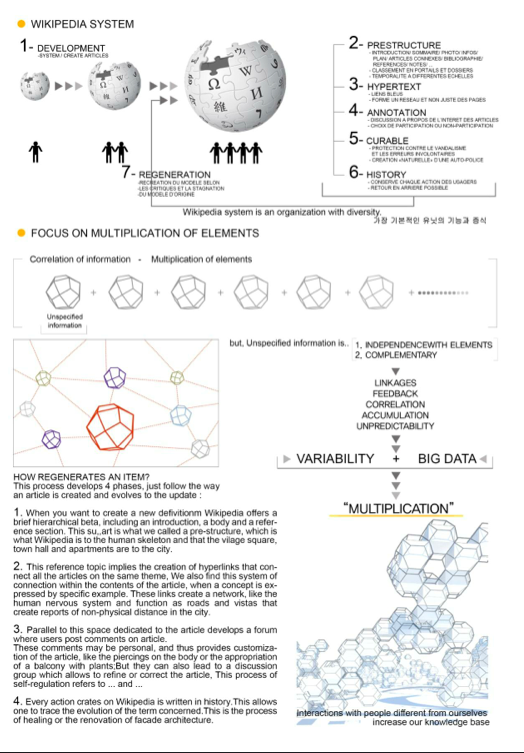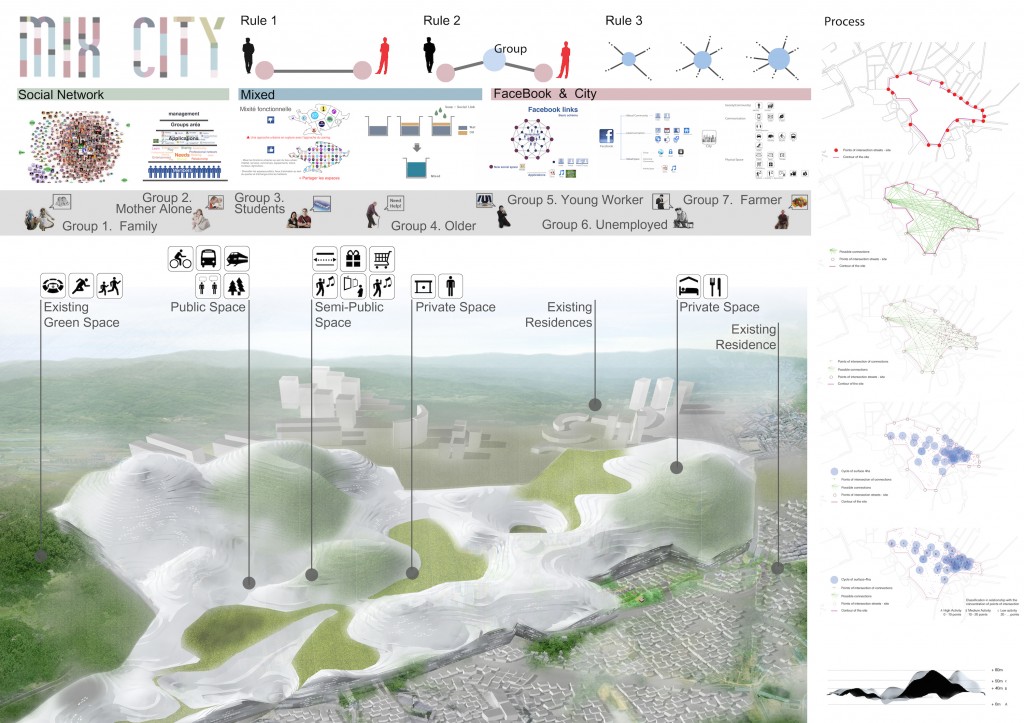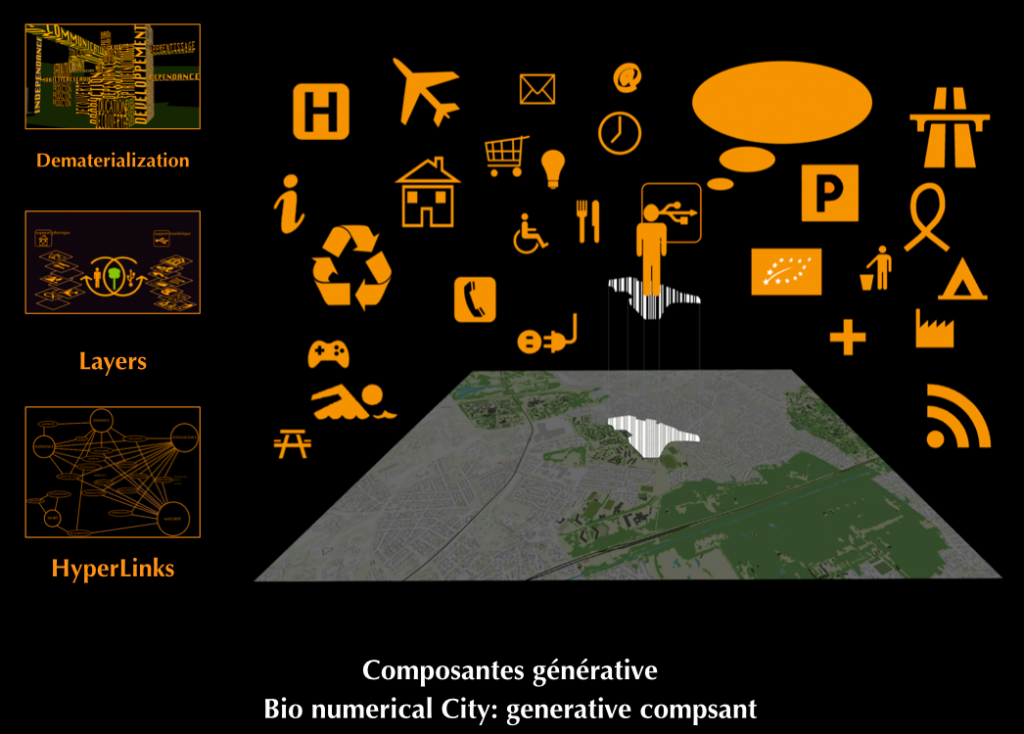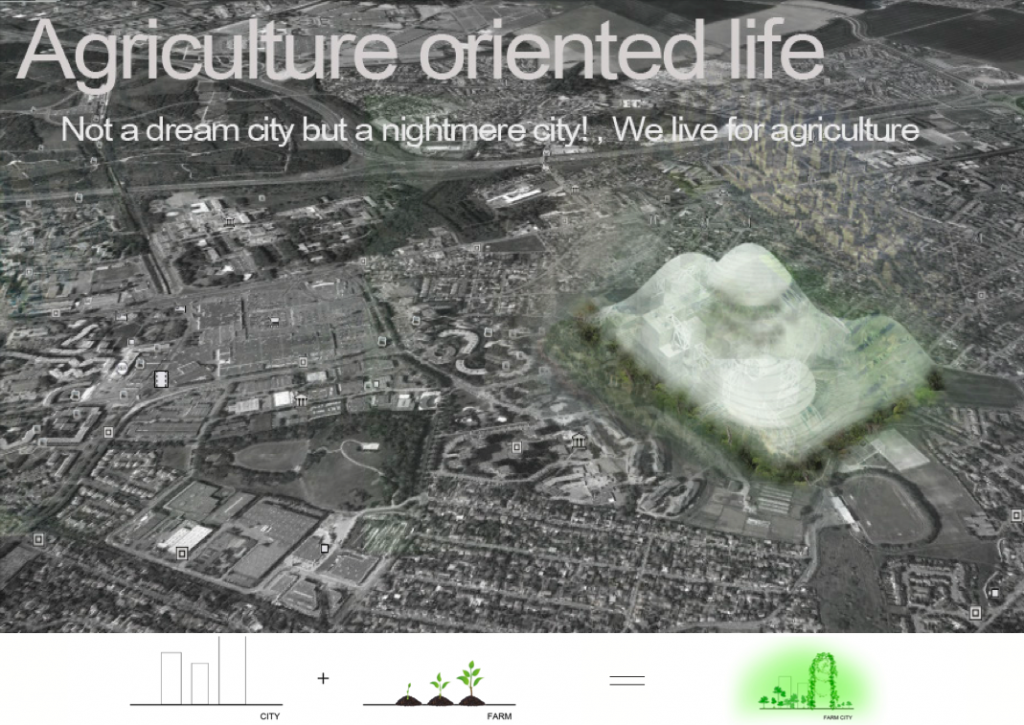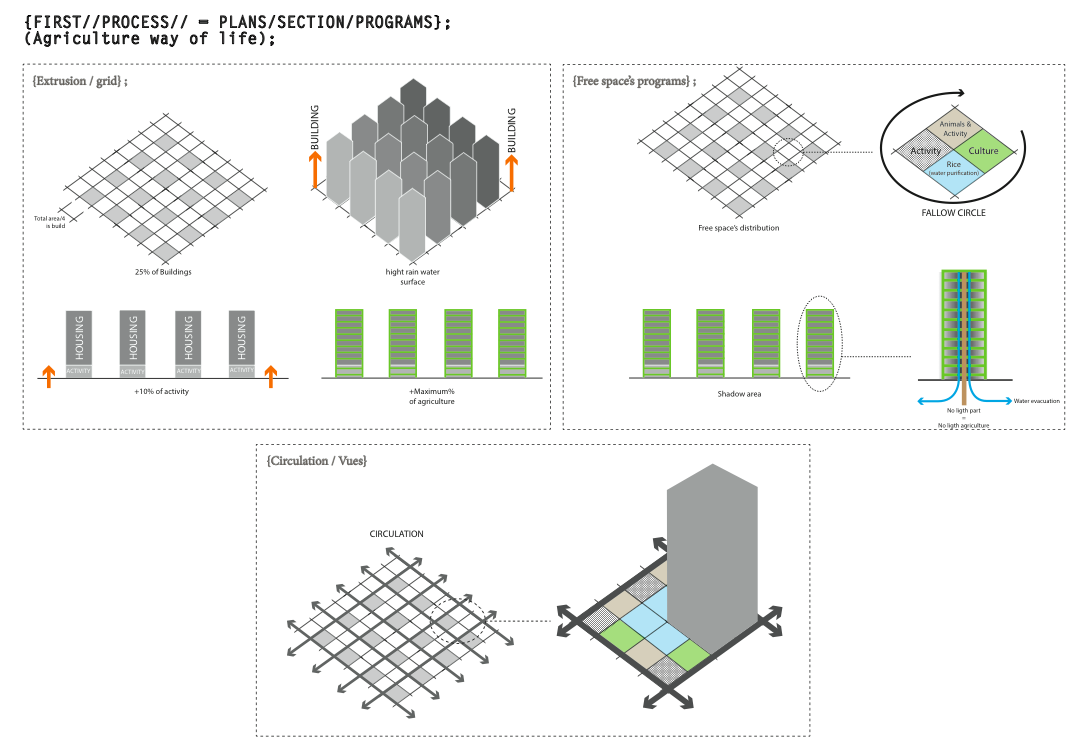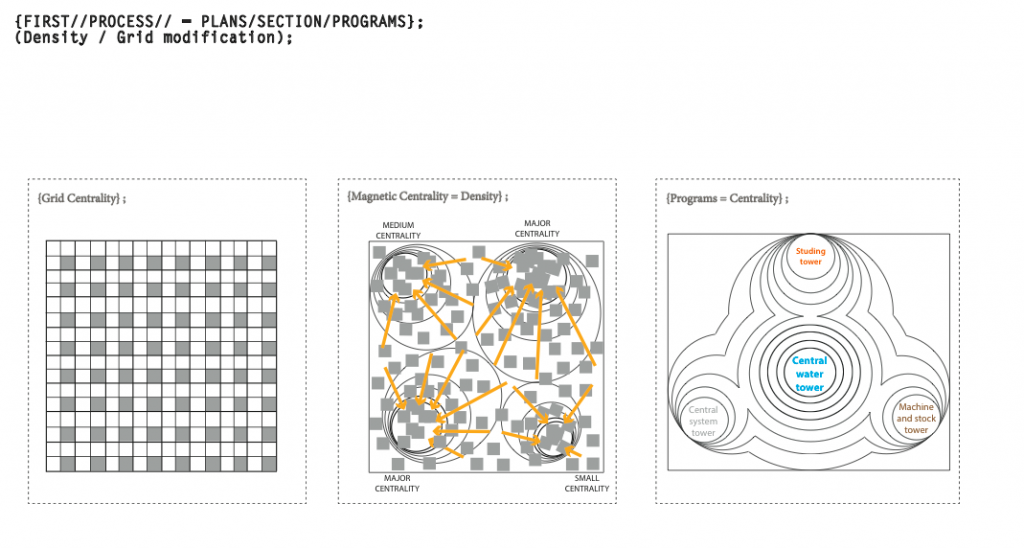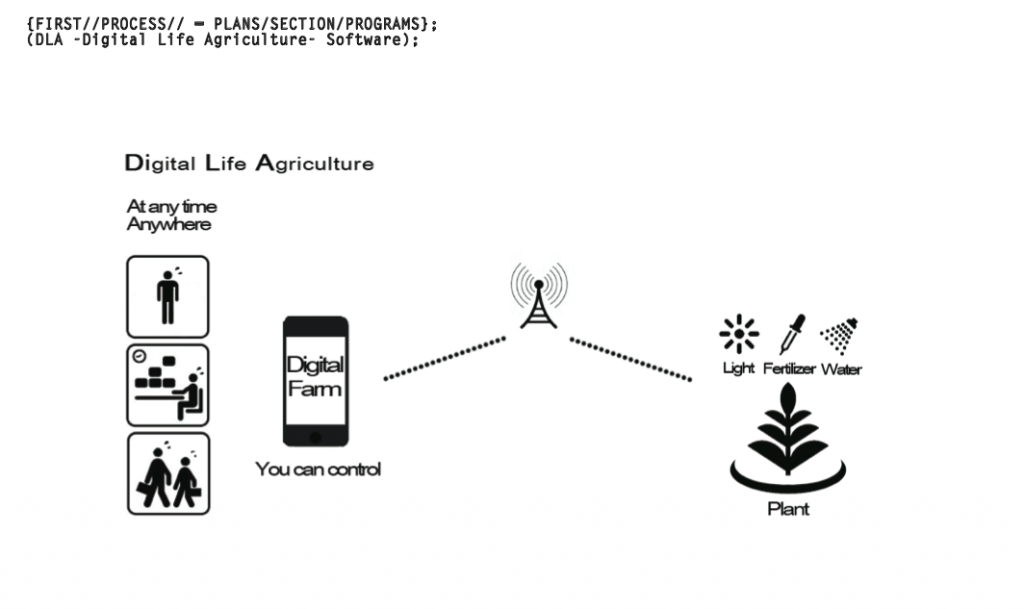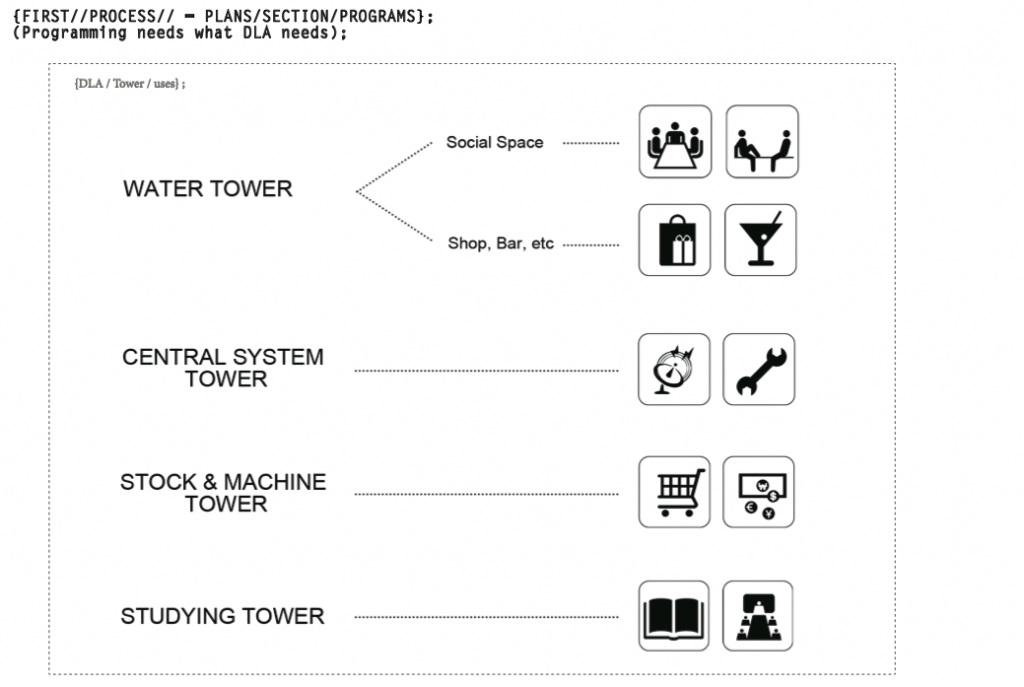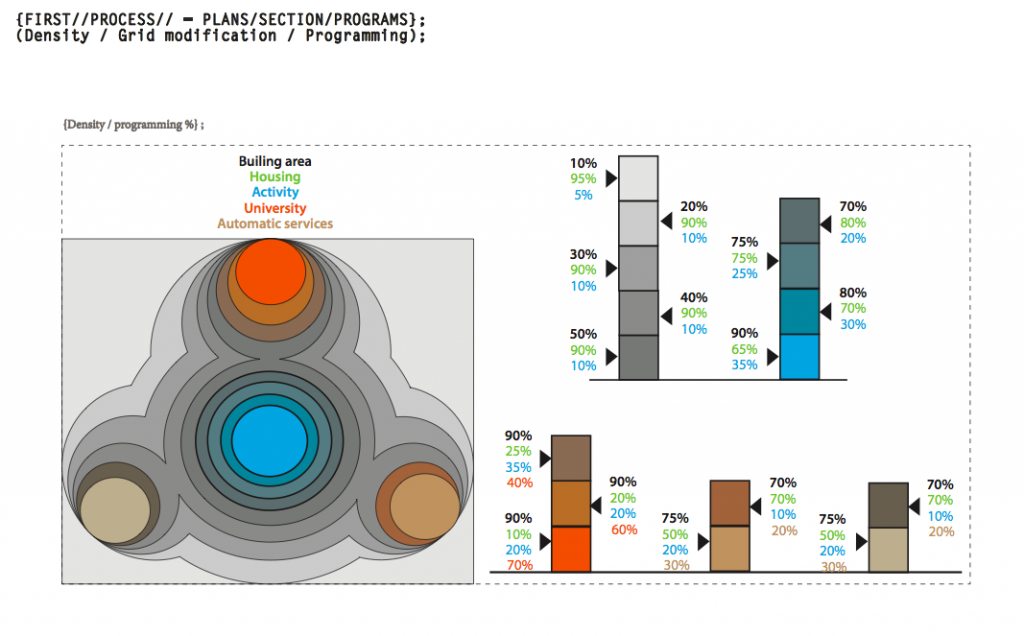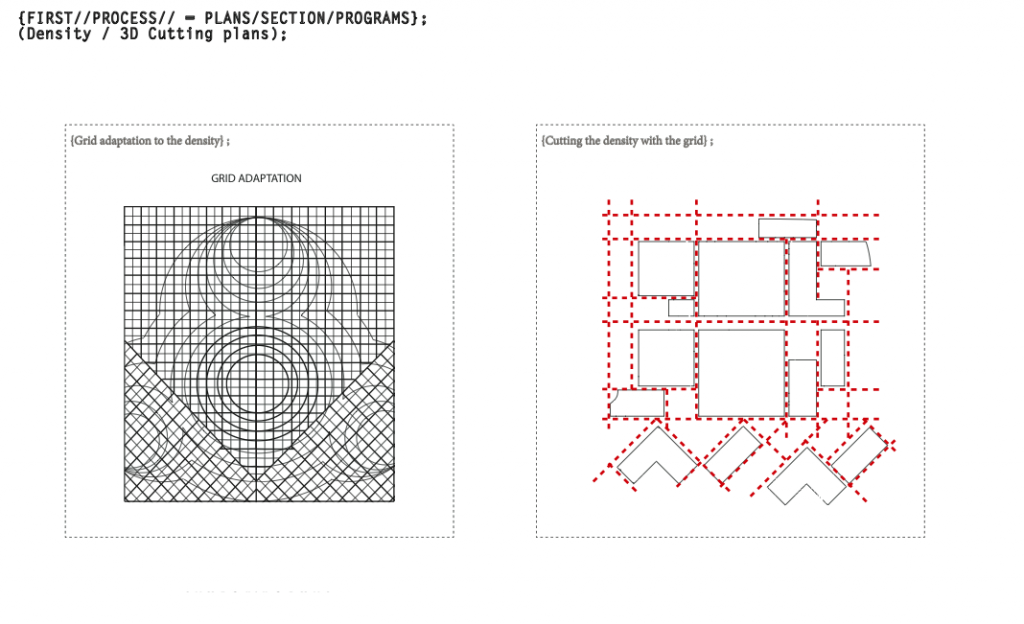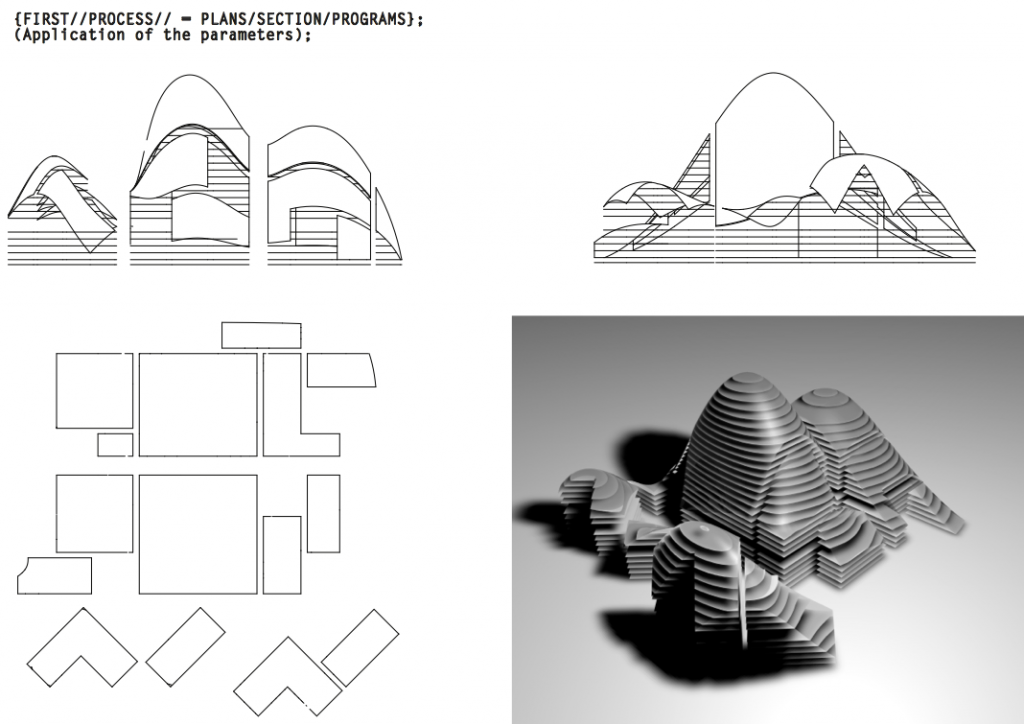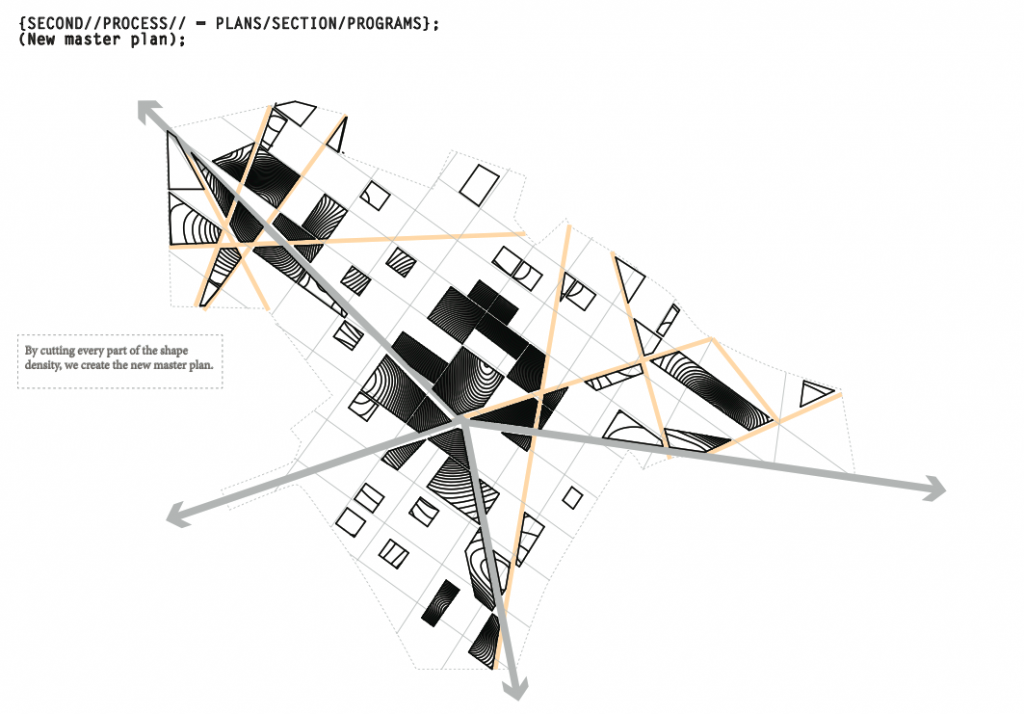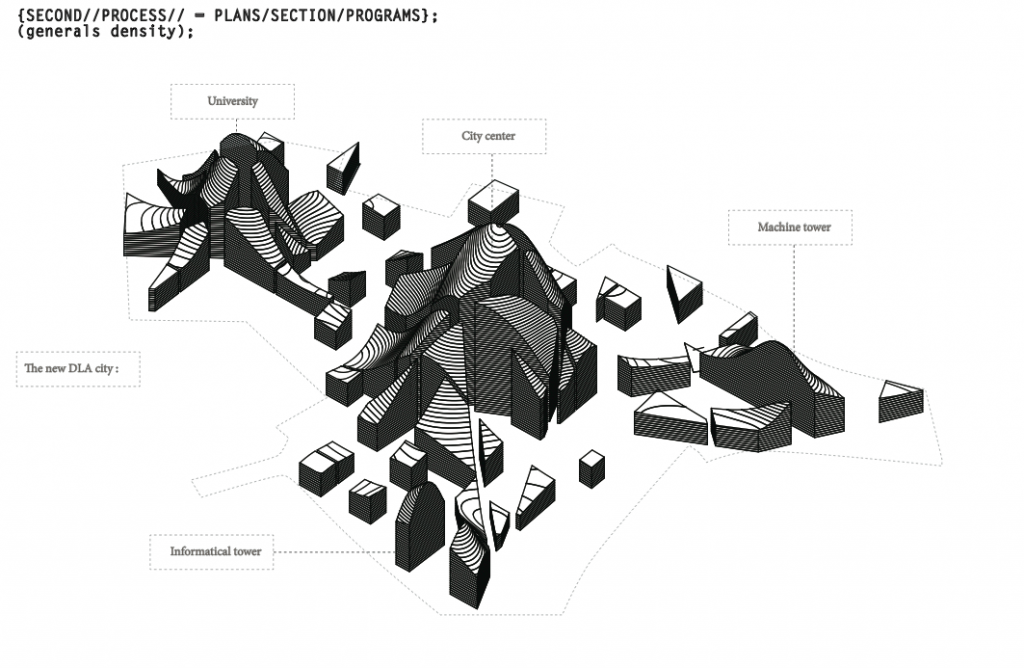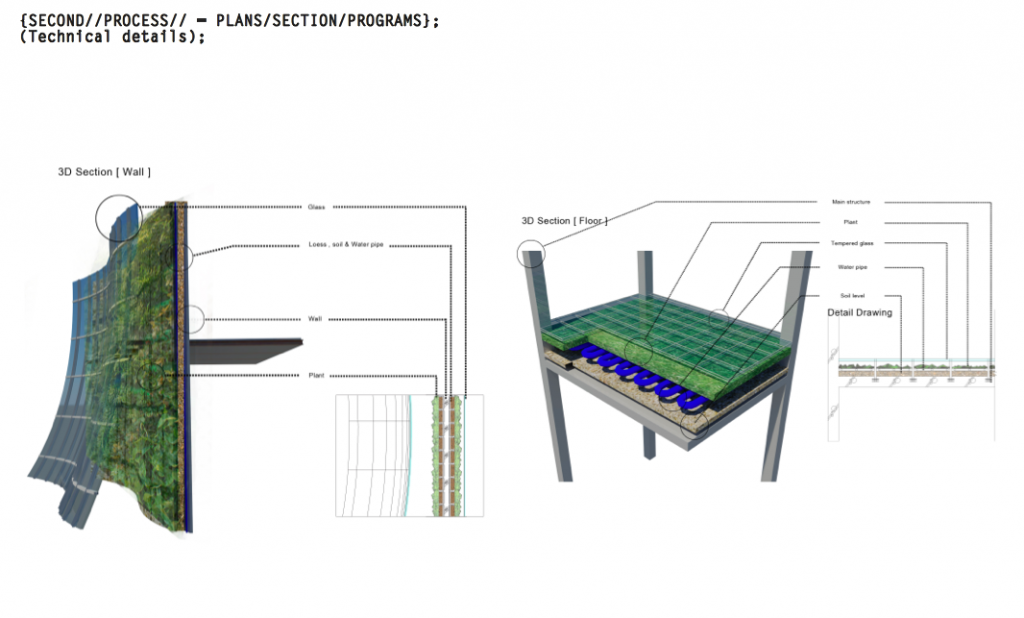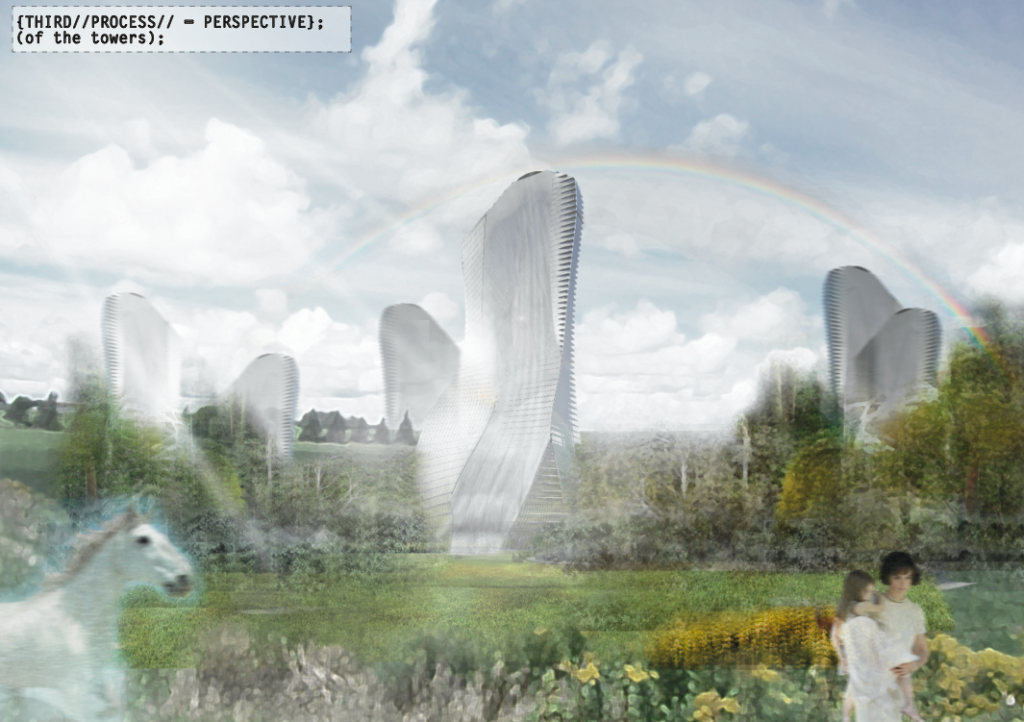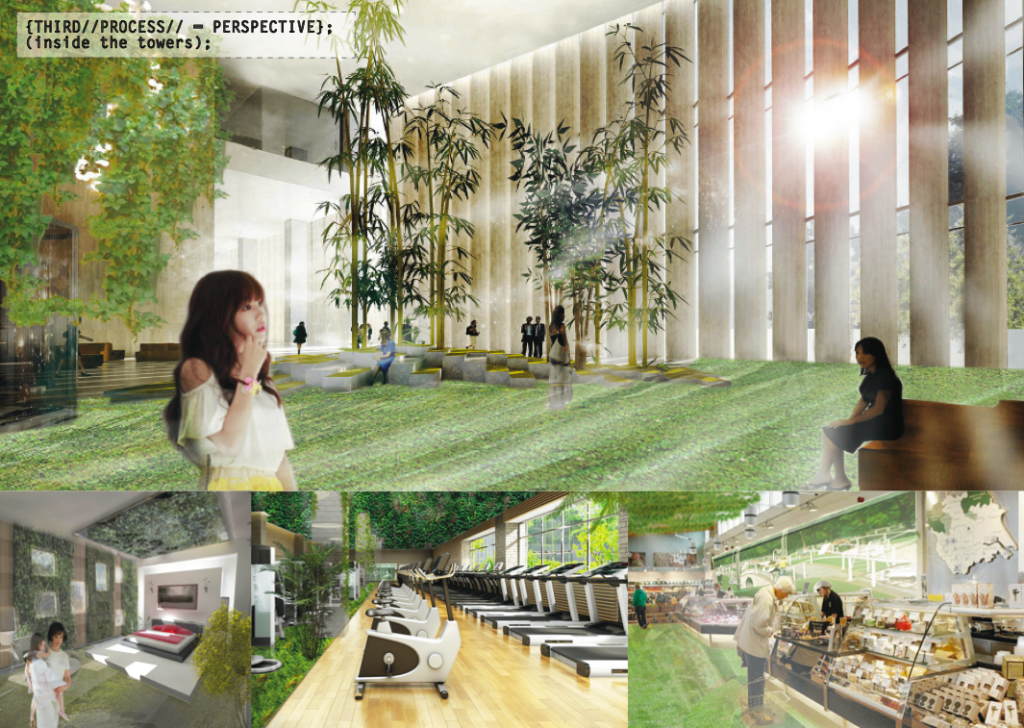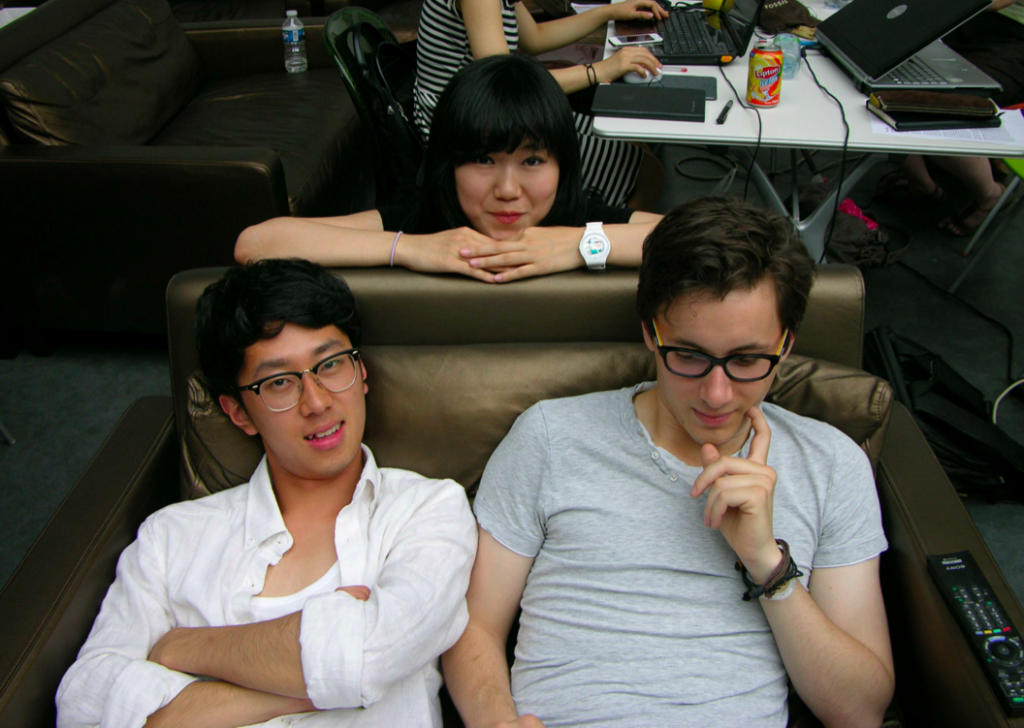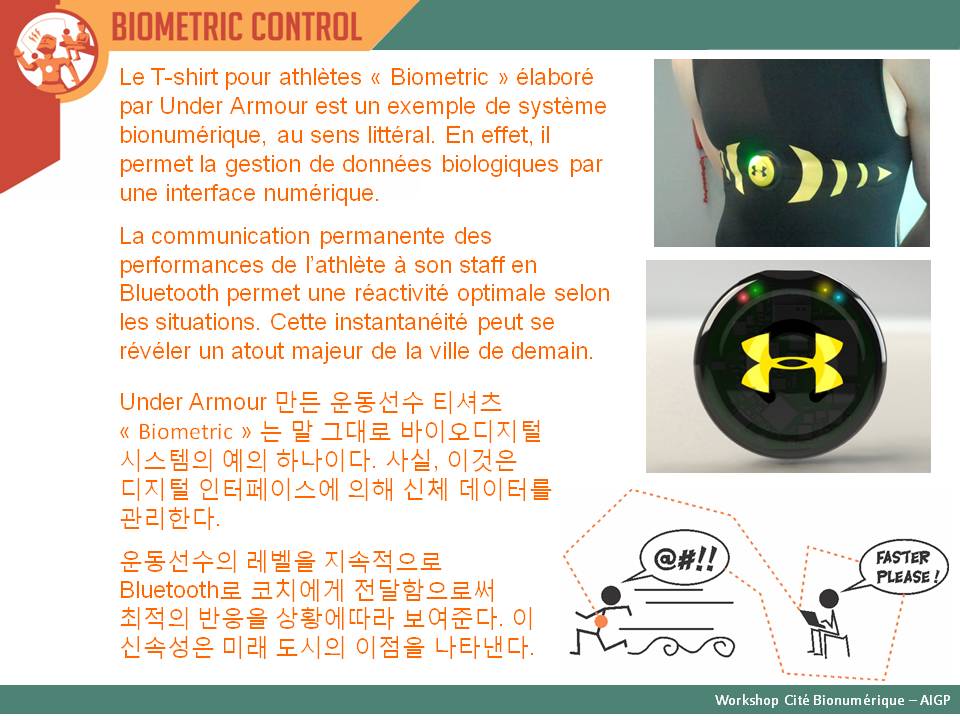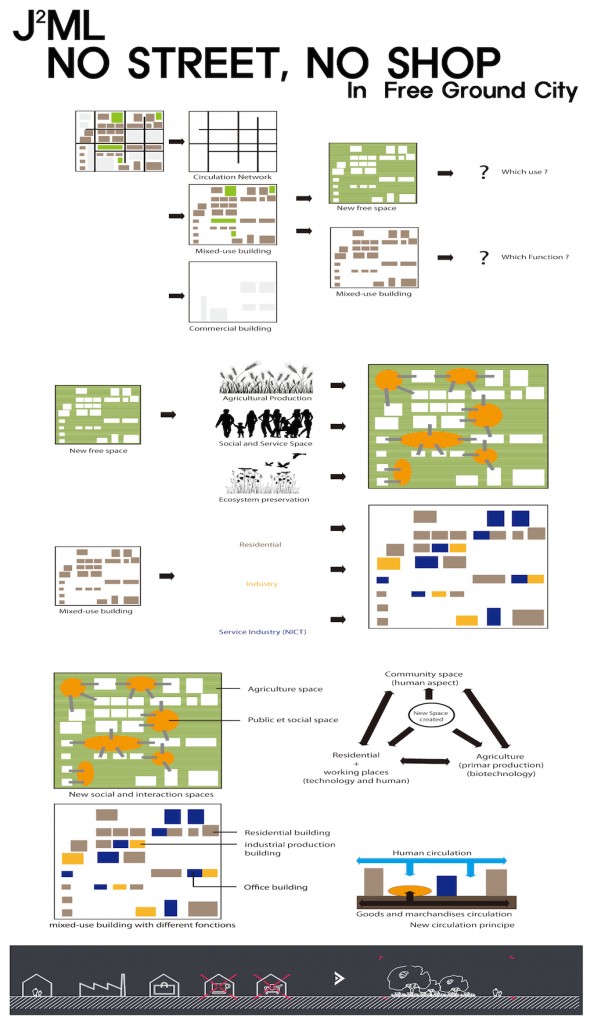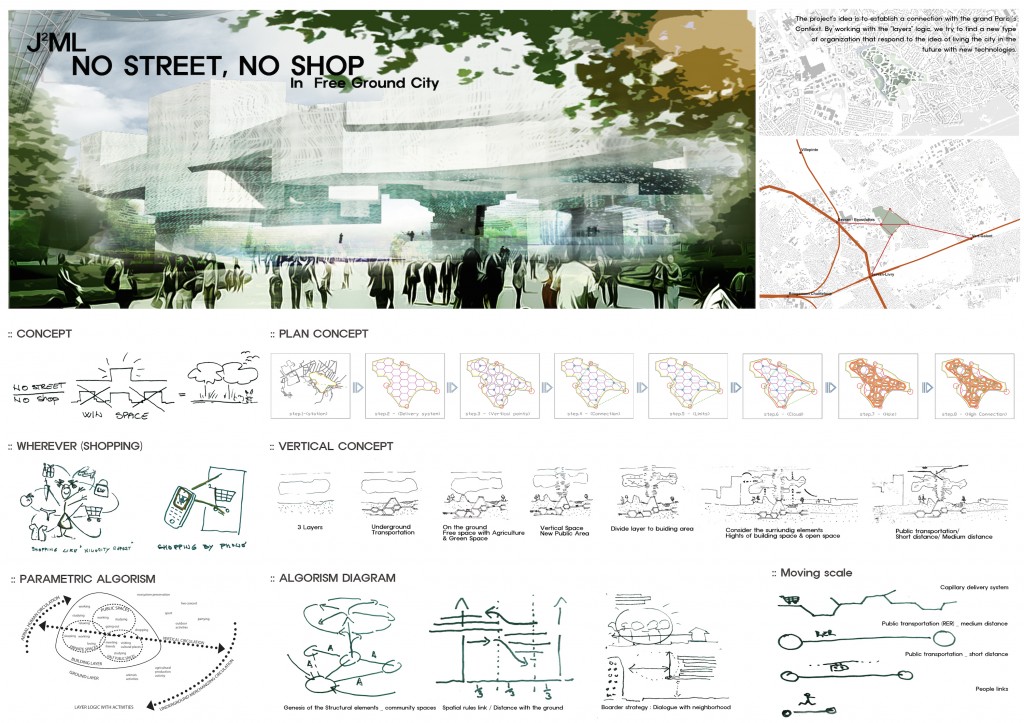Category Archives: Workshop2012_Paris_AIGP
Workshop at the International workshop of the Greater Paris (IPMA) in 2012
2012-Palais de Tokyo
The Biodigital City-International Workshop and Research seminar from July 19 to 28, 2012
http://www.ateliergrandparis.fr/ateliersdebats/workshop/citebio.php 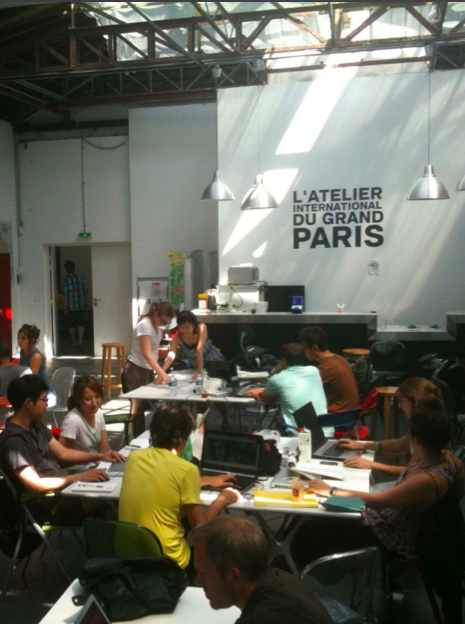
Technologies, cultural trends and lifestyles:
The new technologies that can be integrated into the city, in the long term, are those that accompany the human tendencies and desires of the inhabitants, without creating additional constraints on the way of life. Yet they will not fail to influence
Lifestyles. Here are some non-exhaustive themes that will be at the heart of the workshop's reflection.
Context and problem
Grand Paris is a growing metropolis whose ambitious objectives of intensification in terms of activity, services and housing are a key issue. The Law on greater Paris provides for the construction of 70 000 annual dwellings to accommodate about 50 000 people a year. As in many metropolises, this growth poses the problem of urban sprawl: can we continue to expand the urban footprint, build new neighbourhoods on peripheral rural areas to welcome the growing population and Participate in the sprawl of agricultural land that is used to feed the same population? The 10 teams of architects and planners consulted in 2008 to draw the possible future of the Grand Paris all agreed on the need to build as much as possible the city on the city.
The time of the new cities is over and the greater Paris will maximize the intensification of the existing city. However, some non-urbanized territories are going to be strategically made by the development of the public transport network and will welcome new neighbourhoods. In this context, it is essential to devise new ways of urbanization that are capable of preserving the natural areas and agricultural land as much as possible while intensifying the city.
Assumptions
The workshop is part of a prospective approach that aims to imagine a future by confronting the realities and trends of evolution of the territory, lifestyles and technologies. In relation to the above-mentioned problem, the objective will be to test the hypothesis of a
Hyper-collective city consisting of urban units of 5000 inhabitants.
A hyper-dense urban planning offering flexible and high quality lifestyles that allow you to live and live by saving the agricultural surface. Urban units will be conceived on the premise that digital, robotics and biological technologies, which are now germs, can soon be generalized and fully integrated into lifestyles.
In this context, new technologies could maximise and optimise spaces and uses, and solve in real time the problems of urban management, food, environmental impact, recycling and energy saving. The various projects will be implemented in the strategic sites of the greater Paris where are at stake questions of economy of space, preservation of resources, connectivity to networks.
Conferences
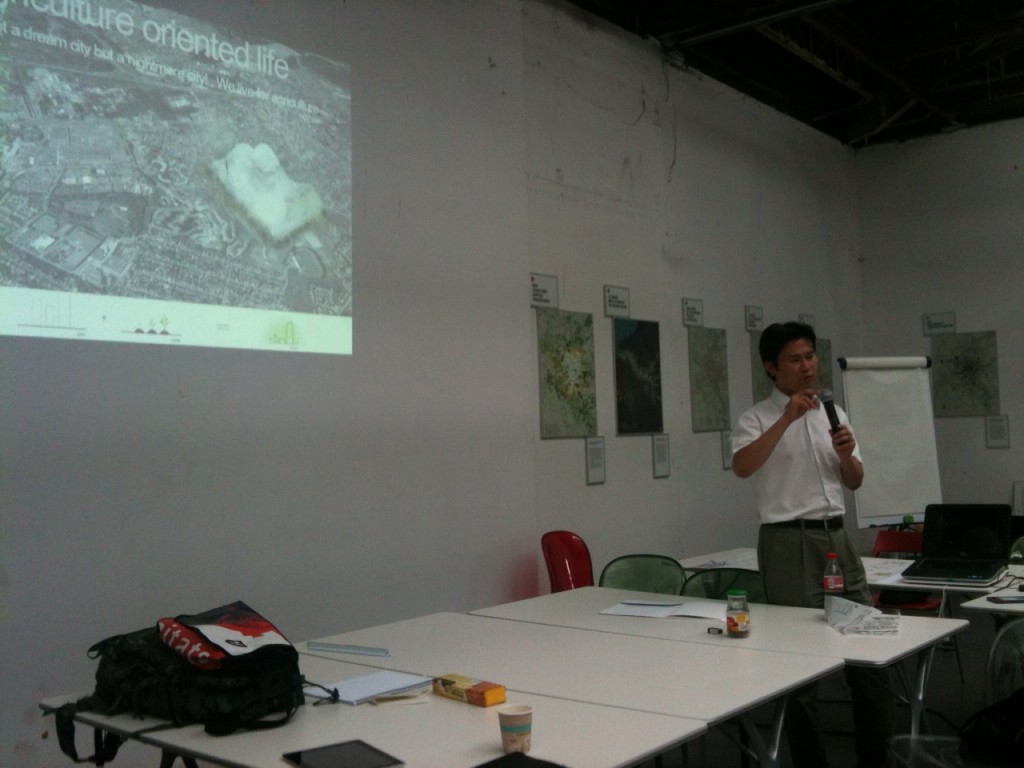
- Claire Bailly-Jean Magerand: Biodigital presentation
- Prof. Seugman Baek: Seoul Renaissance; Seoul for the Future
- Armand Béhar: Imaginary Worlds
- Bertrand Lemoine: Presentation of the Grand Paris context
- Roland Vidal: Agriculture, landscape and food governance
- Angel Talamona: Instant mobile social networks and urban mobility
- André Fleury: Agriculture projects
- Claire Bailly-Jean Magerand: Contemporary Issues
- Pierre-Yvon Carnoy: Public spaces and digital spaces, writings and interpretations
- Elodie Gerard: BIM and 3d in an architectural agency
- Eve Ross: Collaborative model
- Emmanuel Natchitz: Urban and ICT engineering
Young professionals involved throughout the workshop: Eun Sook BAE, Cédric BLEMAND, Thomas Fier, Marie VADECARD, Thomas ZEDIN
